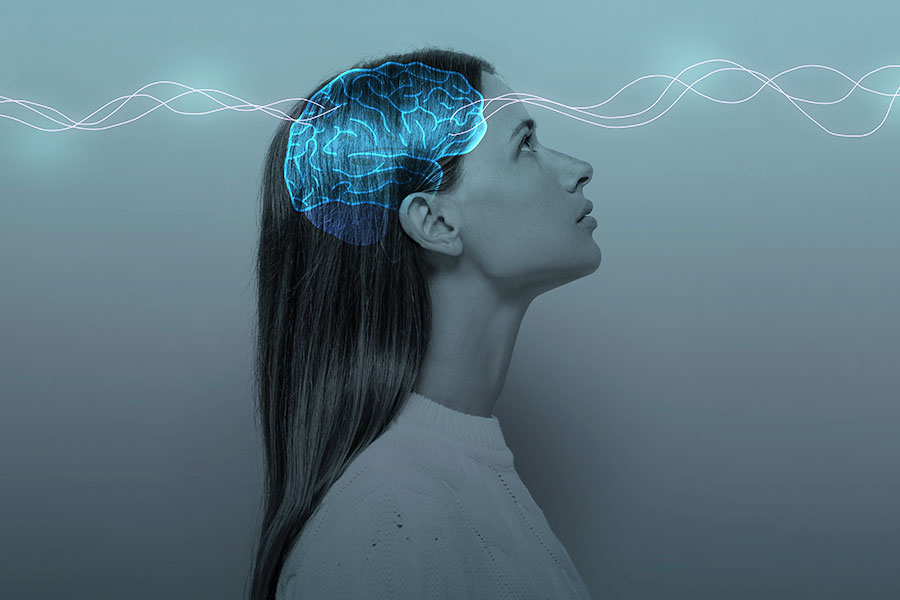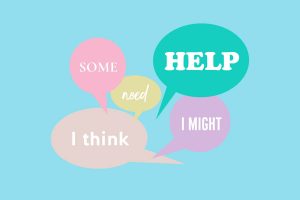This quiz can tell you how good your memory is

Take this quiz to see if you’re a recollection wonder. Start by reading the text below and then answering the questions that follow it – without referring back to the text! For each correct answer, give yourself 1 point…
Our brains consist of approximately one billion neurons, each forming around 1,000 connections to other neurons, amounting to more than a trillion connections. With each neuron storing multiple memories, the brain’s memory storage capacity has been estimated to be around 2.5 petabytes, equivalent to the capacity of 4,000 256GB iPhones!
Short-term memories last for around 20-30 seconds, and consist mainly of present moment information, while our long-term memories last for much longer periods of time; days, weeks, months, years, even decades.
Forming memories involves three major processes: encoding, storage, and retrieval. Encoding is the process whereby the brain processes incoming information so that it can be stored as a memory for a period of time, enabling it to be recalled and used at a later time.
There are a number of factors that can cause us to forget or “lose” memories, but fundamentally, it’s due to a breakdown in the initial encoding process in the brain.
As we age, connections in the hippocampus – the part of the brain that turns short-term memories into long-term ones – deteriorate. By the age of 80, 23 per cent of the nerve connections can be lost, resulting in reduced memory.
QUESTIONS:
1. How long does a short-term memory last?
A) 25-30 seconds
B) 10-30 seconds
C) 20-30 seconds
D) 10-20 seconds
E) 25-35 seconds
2. What is the estimated storage capacity of the brain?
A) 2.5 petabytes
B) 3.5 petabytes
C) 2.5 terabytes
D) 2 petabytes
E) 2 terabytes
3. This is equivalent to how many 256GB iPhones?
A) 1,000
B) 2,500
C) 4,000
D) 10,000
E) 150,000
4. The three processes involved in memory are:
A) Encoding, storage, and revival
B) Encoding, compiling, and retrieval
C) Coding, storage, and retrieval
D) Encoding, storage, and retrieval
E) Decoding, compiling and retrieval
5. How many paragraphs are there in the text above?
A) 3
B) 4
C) 5
D) 6
E) 7
6. The brain consists of approximately how many neurons?
A) One trillion
B) One billion
C) 10 billion
D) 10 million
E) One million
7. Which part of the brain is responsible for turning short-term memories into long-term memories?
A) The frontal lobe
B) The occipital lobe
C) The hippocampus
D) The cerebellum
E) The parietal lobe
8. Failing to remember is caused by a breakdown during…
A) Memory
B) Encoding
C) Neurons
D) Retrieval
E) Storage
9. By the age of 80 we could lose up to what percentage of the brain’s nerve connections?
A) 30%
B) 22%
C) 32%
D) 20%
E) 23%
How did you do?
Score one point for each correct answer:
1) c
2) a
3) c
4) d
5) c
6) b
7) c
8) b
9) e
RESULTS:
1-3 points – Resident Dory
It seems like your short-term memory is letting you down. There are a number of lifestyle factors including lack of sleep and poor diet that can hinder the memory-building process. Try to ensure that you are getting the recommended eight hours of kip a night as it is during sleep that the brain consolidates memories. Caffeine and alcohol can negatively impact the quality of your sleep so aim to cut off your caffeine supply no later than 2pm and avoid drinking during the week
Dr Emer MacSweeney, Consultant Neuroradiologist at Re:Cognition Health explains… Sleep is essential for supporting cognition – the higher-level functions of our brain such as memory, language, speech, planning and many other skills. When we sleep, growth hormone is released and important restorative processes occur. The most important functions of sleep are related to brain activity with wide-reaching impact on consolidation of memories and maintenance of brain plasticity. It is also probable that sleep restores brain energy and promotes the removal of toxins from the brain
4-6 points – Scatter Brain
Your memory isn’t too bad but could definitely be improved with some simple lifestyle changes. As well as keeping your body healthy, physical exercise can also help your brain stay fit and functioning optimally. If you’re already a keen gym-goer, try mixing up your routine to give your mind a change of scenery. If you’re new to the game, even a gentle walk through town will help to clear the mind and boost your memory capacity
Dr MacSweeney says… Exercising regularly is one of the best things you can do to strengthen your brain and help protect yourself against developing dementia. Our heart rate increases when we exercise, pumping oxygen and providing good blood flow to the brain, releasing hormones which provide the perfect environment for growing brain cells. Exercise promotes brain plasticity by stimulating the growth of new neuronal connections between the cells, helping cell growth and survival. Exercise is also thought to help increase the size of the hippocampus, the part of the brain responsible for retaining memories and learning
7-9 points – Memory Master
You’ve aced the quiz and your neurons are firing on full blast. It’s important to remember that the brain, and therefore your memory, can be easily affected by external factors such as an increase in stress levels or a change in routine. If you notice that you’re suddenly forgetting appointments or struggling to remember conversations, try to create space in your mind through mindfulness and meditation which will allow you to assess what may have changed recently and how you can circle back to your effective routine
Dr MacSweeney says… Stress can be very detrimental to the body, causing many side-effects including sleep disruption, irritability, problems with memory and concentration as well as health immunity. The stress hormone cortisol is released from the adrenal glands when we get stressed. Elevated levels of cortisol impair the memory and learning mechanisms. Stress can also lead to exhaustion, which in turn can advance to cognitive impairment, so it’s vital that stress is managed before getting to this point. Sleep, exercise, a healthy diet and meditation can all help to manage stress











